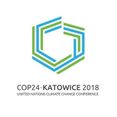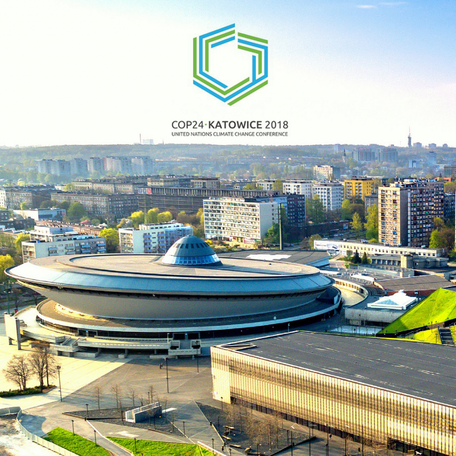THE CERM PROJECT |
 This year, COP24 will take place from 3rd – 14th December 2018, in Katowice Poland. COP24 is the abbreviated title for the 24th Conference of the Parties to the United Nations Framework Convention on Climate Change (UNFCCC). The main goals of COP24 will be to: 1) coordinate a plan that ensures the effective implementation of the Paris Agreement and 2) to facilitate discussions to support the implementation of national commitments. TRINIDAD AND TOBAGO Trinidad and Tobago has ratified the Paris Agreement and has declared its the Intended Nationally Determined Contribution (INDC) to reduce overall emissions in the power generation, transportation and industrial sectors by 103 million tonnes of equivalent CO2 emissions. Trinidad and Tobago has also committed to reducing public transport emissions by an equivalent of 1.7 million tonnes by 2030. CARIBBEAN SMALL ISLAND DEVELOPING STATES (SIDS) All CARICOM countries are classified part of the SIDS. Each of these countries has their own intended nationally determined contribution, including a commitment to renewable sources of energy for electricity and transportation. While CARICOM SIDS are not the most significant contributors to global carbon dioxide emissions, they are more likely to experience the negative effects of climate change. The location and economic states of these SIDS make them vulnerable to climate-related natural disasters and coastal threats associated with sea-level rise (SLR). CLIMATE NEUTRALITY The Paris Agreement calls for climate neutrality, which is a sustainable approach to climate change that simultaneously allows for reduced emissions and preservation of national economies. A climate policy that calls for climate neutrality instead of total decarbonisation allows countries whose economies rely heavily on industrial processes that produce greenhouse gases to still function, as long as there are alternative means of reducing CO2 emissions. Poland, one third of which is occupied by forests, is on its way to achieving a balance between carbon dioxide emissions and sequestration by soils and forests. Their project, Forest Carbon Farms, makes use of previous scientific research that planting specific tree species can enhance the CO2 absorption capacity of forests. At COP24, Poland will present their progress towards climate neutrality as well as propose new research on the economic impacts of CO2 sequestration by forests as it pertains to the sustainable development of the world.
0 Comments
Leave a Reply. |
About CERMThe CERM Project is a collaboration between academic institutions, The University of the West Indies (UWI) and The University of Trinidad & Tobago (UTT), and Government Energy Institutions - the Ministry of Energy and Energy Industries (MEEI), Heritage Petroleum Company Ltd and the National Gas Company (NGC) to reduce carbon dioxide emissions in the energy sector Archives
May 2020
|
Proudly powered by Weebly
